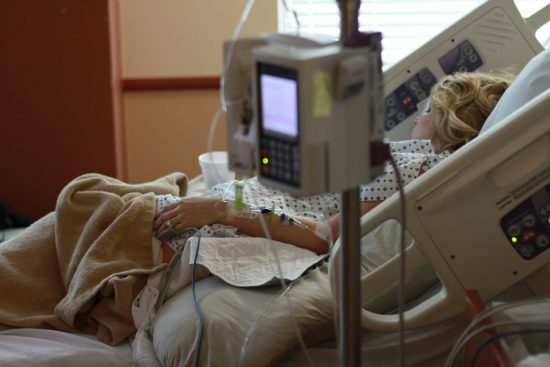Association of Appropriate Empirical Antimicrobial Therapy With In-Hospital Mortality in Patients With Bloodstream Infections in the US
Is the use of appropriate initial empirical antimicrobial therapy associated with lower in-hospital mortality in patients with bloodstream infections?
In this cross-sectional study including 32 100 patients with bloodstream infections from 183 US hospitals, the crude proportions of appropriate empirical therapy use were 94.4% for gram-negative rods, 97.0% for gram-positive cocci, and 65.1% for Candida species, with lower proportions for resistant pathogens. Receipt of appropriate empirical antimicrobial therapy was associated with lower in-hospital mortality for patients infected with gram-negative rods, gram-positive cocci, and Candida species.
This study suggests that use of appropriate initial empirical antimicrobial therapy may have a role in inpatient hospital mortality.
AMR NEWS
Your Biweekly Source for Global AMR Insights!
Stay informed with the essential newsletter that brings together all the latest One Health news on antimicrobial resistance. Delivered straight to your inbox every two weeks, AMR NEWS provides a curated selection of international insights, key publications, and the latest updates in the fight against AMR.
Don’t miss out on staying ahead in the global AMR movement—subscribe now!







